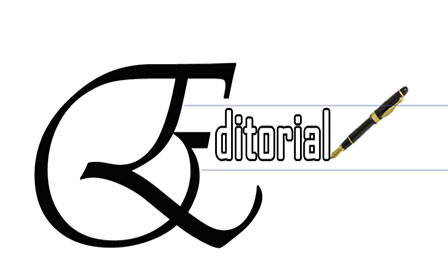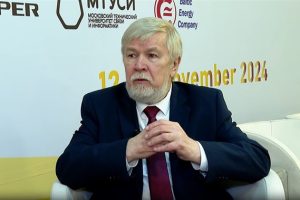
A study document produced by the Federal Ethics and Anti-Corruption Commission indicated that Ethiopia has lost about 17 billion USD over the past 10 years as some of the public expenditures and enterprises were “deliberately” or “not” made vulnerable for corruption.
The figure is indeed mind-boggling for a poor country, which can annually secure only three billion USD (that is nearly one-sixth of the grafted amount) from its export trade. Ethiopia stood 114th least corrupt nations out of 175 countries, according to the 2018 Corruption Perceptions Index report by Transparency International.
Of course, the existing anti-corruption law criminalizes major forms of corruption. The country has also established the necessary institutions mandated to combat the scourge. The experience we had in the past shows that the institutions were not truly independent from the executive branch, frankly speaking from the corrupt officials. Poor institutional capacity and other factors have also contributed for turning them into paper tigers, into pawns to twist them for personal gains and attacking political opposition.
The fact is that Ethiopia’s two-decade developmental-state experiment resulted in double-digit economic growth, but it also built an untouchable oligarchy ingrained in the state itself. The government led by Prime Minister Abiy Ahmed, which came into office with an empty coffer, made fighting corruption a supreme national agenda, right from day one. The overall reform activities in building independent democratic and legal institutions testify to this.
Practical measures, though still at infant stage, being taken by the reformist government also need to be hailed. The law and order which seemed to have been a mere paper document started to bear fruit by taking officials with decorated titles into court.
The fight was first introduced by arresting some suspected former officials of the state-owned enterprise, known as Metals and Engineering Corporation (METEC) – the biggest company in Ethiopia. Moreover, in a wave of the anti-corruption purge, Ethiopia’s Attorney General announced on 12 April that the government had arrested 59 government officials and investors following a three-month investigation into their cases.
This is indeed a great stride in fighting corruption and ensuring rule of law in a country which has been plagued by grand corruption for ages. The most important thing is purging corruption has been high on the reform agenda.
On the other hand, while the government has gone distant to restitute property and strived to bring offenders to courts, it is really sad to learn that still billions of dollars deposited by corrupt officials and their parasites in the oversea financial institutions.
Thus it is important to undertake all the necessary means to bring the asset back home. It is equally very important for the government to strengthen the capacity of law enforcing bodies, the media and criminalize corrupt.
The Ethiopian Herald, January 2/2020





